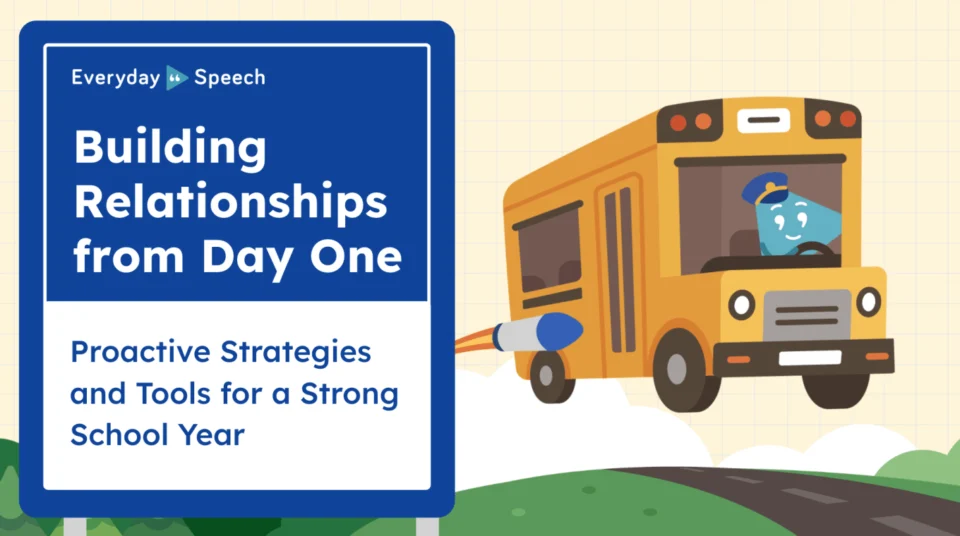Effective IEP Goals for Classroom Behavior Skills in Kindergarten
Get free social skills materials
No-prep lessons on self-regulation, emotional recognition, conversation skills, and more.
Sign up hereDownload 50+ Example IEP Goals
Customizable library of strengths-based goals
Introduction
Classroom behavior skills play a crucial role in special education, as they directly impact students’ learning, social interactions, and overall wellbeing. Developing effective Individualized Education Program (IEP) goals for these skills is essential for educators working with kindergarten students.
Understanding Classroom Behavior Skills
Classroom behavior skills refer to the actions and habits that students exhibit in the school environment to foster a positive learning atmosphere. These skills include raising hands before speaking, waiting turns, and maintaining self-control. Developing these skills helps students enhance their learning experience, build positive relationships, and contribute to a supportive school environment.
The Role of Specialists
Various specialists can support the development of classroom behavior skills:
- Speech-Language Pathologists: Assist with communication skills, enabling students to express themselves effectively and follow classroom rules.
- Social Workers: Help students understand and manage emotions, contributing to improved self-control and positive interactions.
- Psychologists: Support students in developing coping strategies and emotional regulation, leading to better classroom behavior.
- School Counselors: Provide guidance on social skills, helping students navigate the school environment and interact positively with peers and teachers.
IEP Goals for Classroom Behavior Skills
Here are some specific SMART IEP goals for improving classroom behavior skills:
Goal 1: Raising Hands
By the end of the school year, the student will raise their hand and wait to be called on before speaking in class 90% of the time, as measured by teacher observations.
Strategies and Activities: Role-playing, social stories, visual reminders, and positive reinforcement.
Goal 2: Waiting Turns
By the end of the school year, the student will demonstrate patience and wait their turn during class activities 90% of the time, as measured by teacher observations.
Strategies and Activities: Turn-taking games, social stories, modeling, and visual cues.
Goal 3: Maintaining Self-Control
By the end of the school year, the student will exhibit self-control and refrain from disruptive behaviors during class 85% of the time, as measured by teacher observations.
Strategies and Activities: Deep breathing exercises, relaxation techniques, social stories, and self-monitoring charts.
Implementing and Measuring Progress
To effectively implement these goals and measure progress, educators should:
- Collaborate with specialists to develop appropriate strategies and interventions.
- Monitor and document student progress regularly.
- Adjust goals and strategies as needed, based on the student’s progress.
- Communicate with parents and involve them in the process.
Conclusion
Developing and implementing effective IEP goals for classroom behavior skills is essential for kindergarten students’ success in special education. By working together with specialists and parents, educators can help students enhance their learning experience, social interactions, and overall wellbeing. Explore more resources and sample materials at Everyday Speech Sample Materials.


